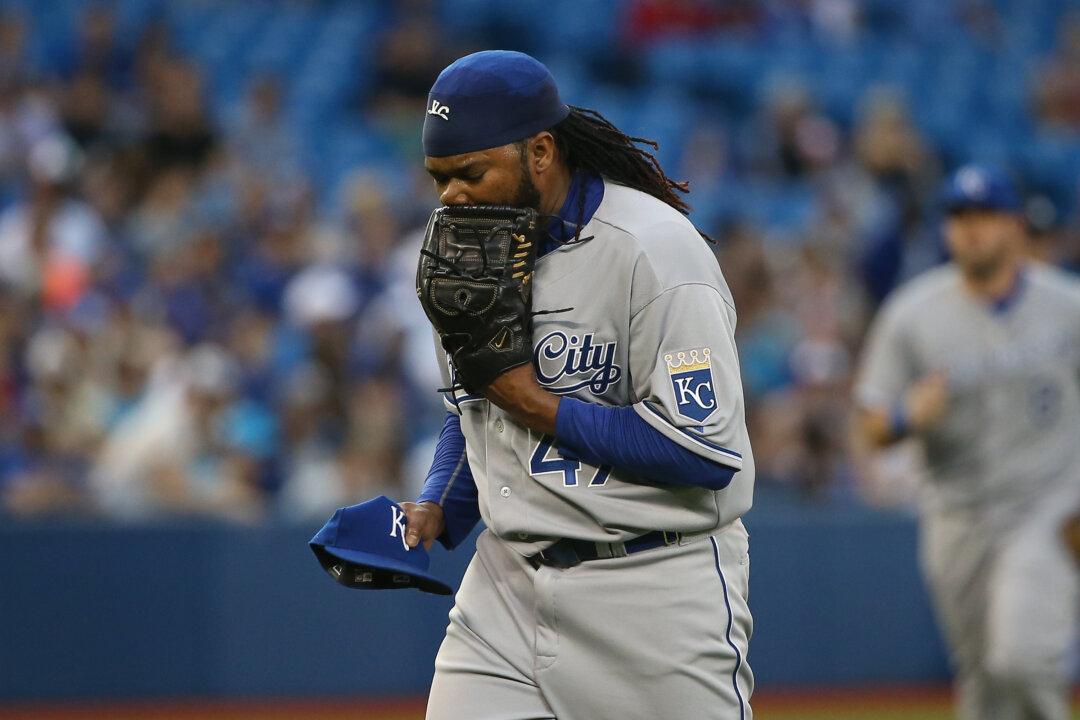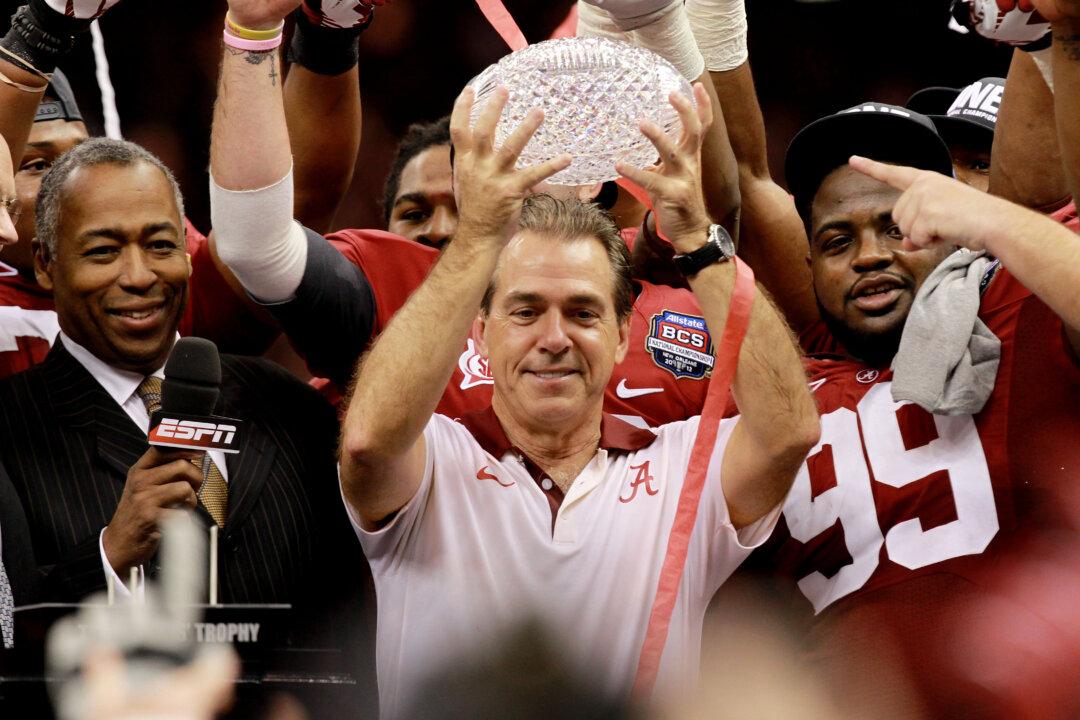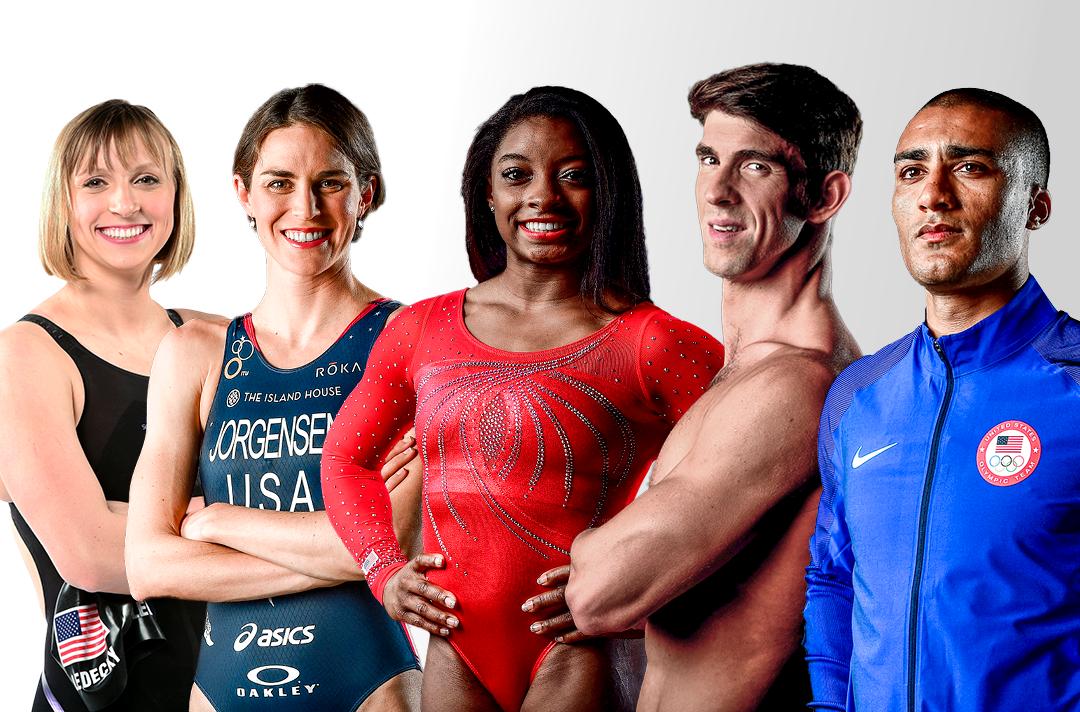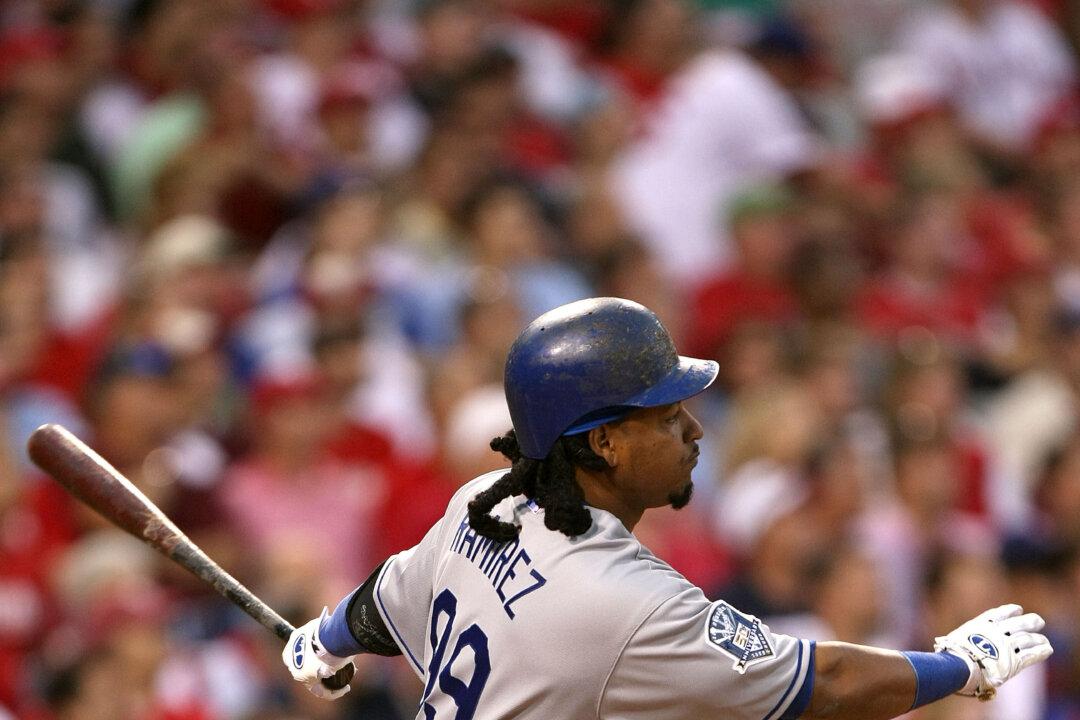When the Kansas City Royals added ace Johnny Cueto to their below-average starting rotation, it seemed to be the final piece missing on a team with the AL’s best record. Does it mean they'll win the World Series?
Conventional wisdom in baseball is that the contender that adds the biggest talent to the roster at the trade deadline puts itself in the best position to win the World Series. It’s logical reasoning.
The only issue is that it’s just not backed up by history. Few teams that add an ace pitcher or an All-Star impact hitter actually win the World Series.
Last year, the biggest fish available at the trade deadline was Rays ace David Price, who was traded to the Tigers. FYI, Detroit was summarily swept in the ALDS by Baltimore.





